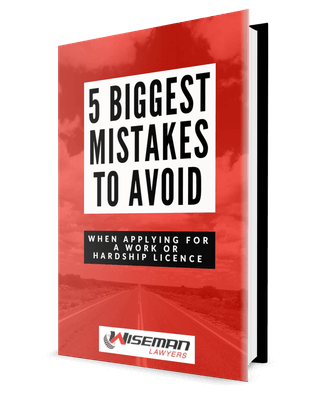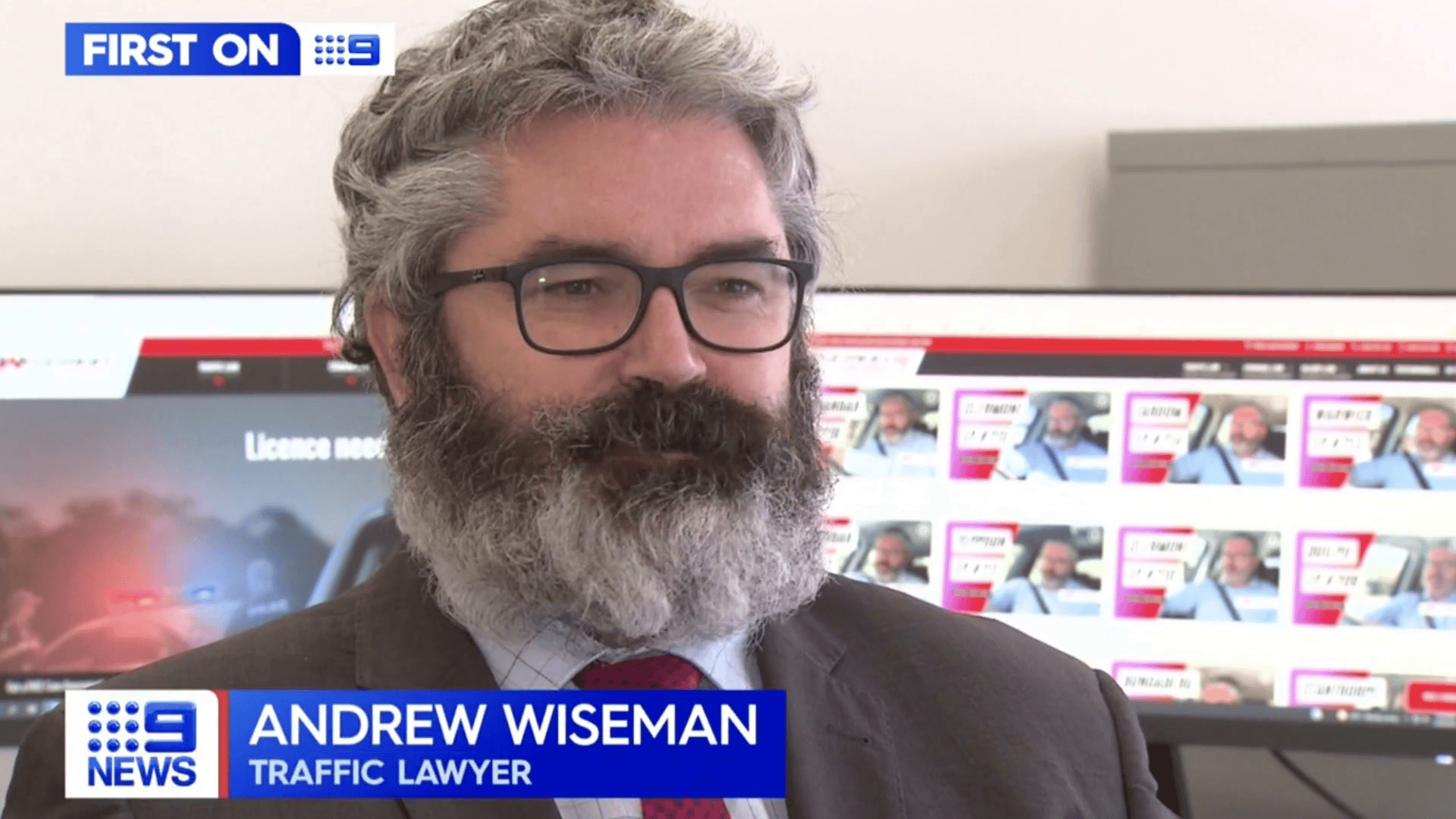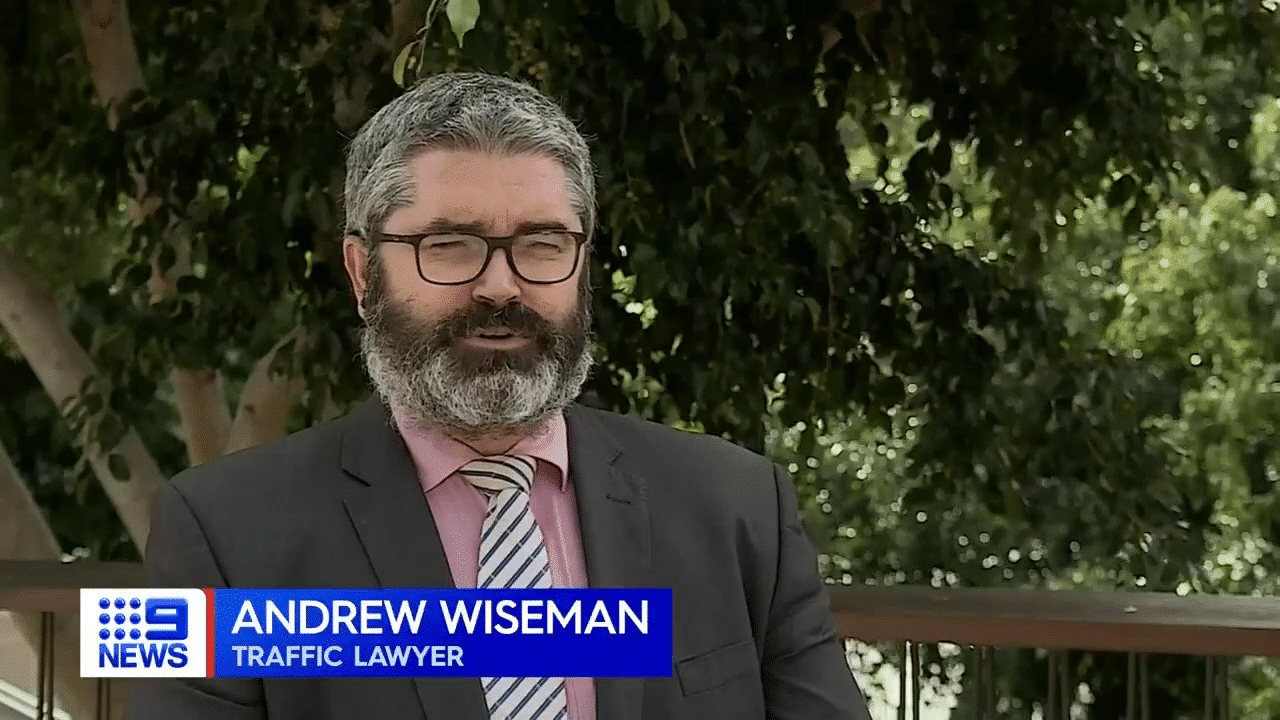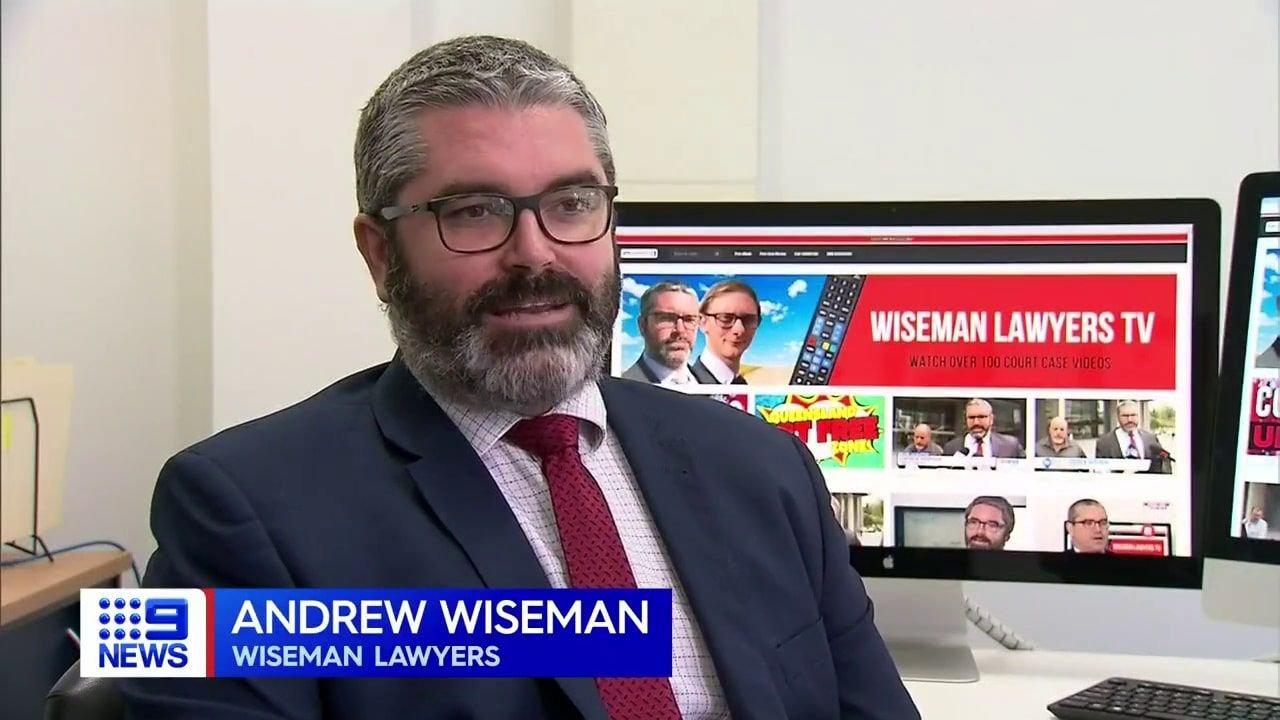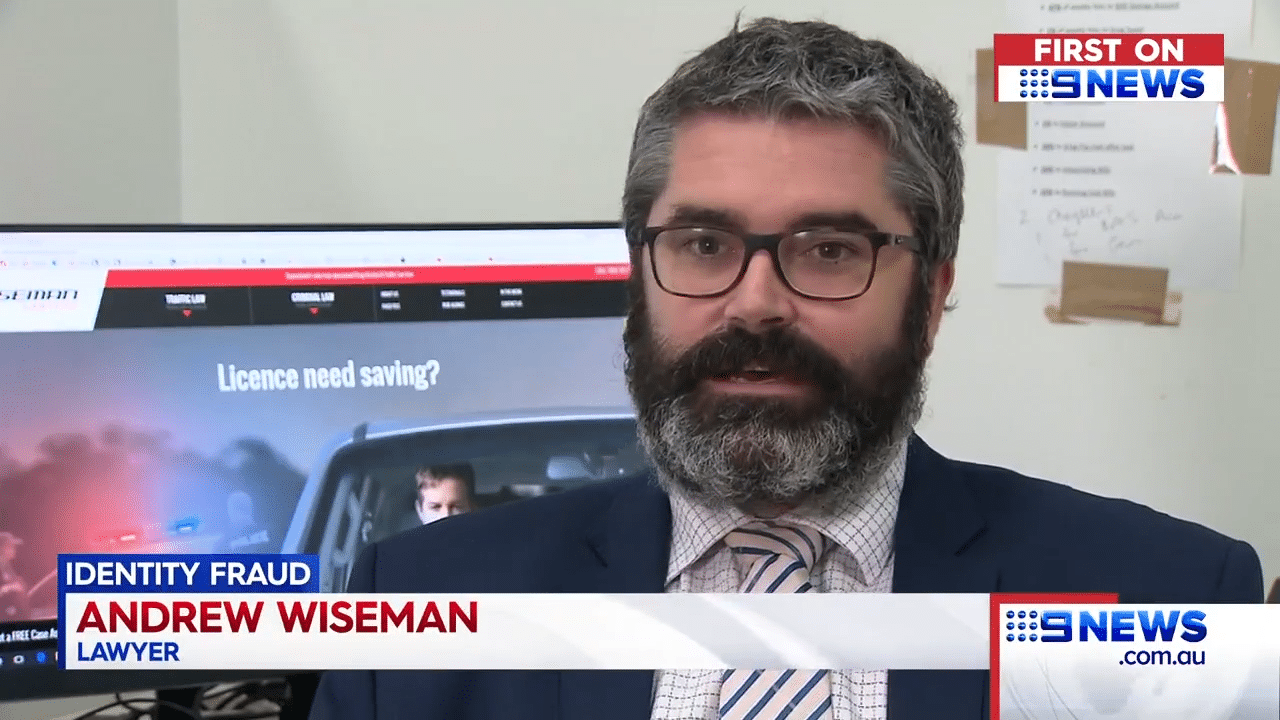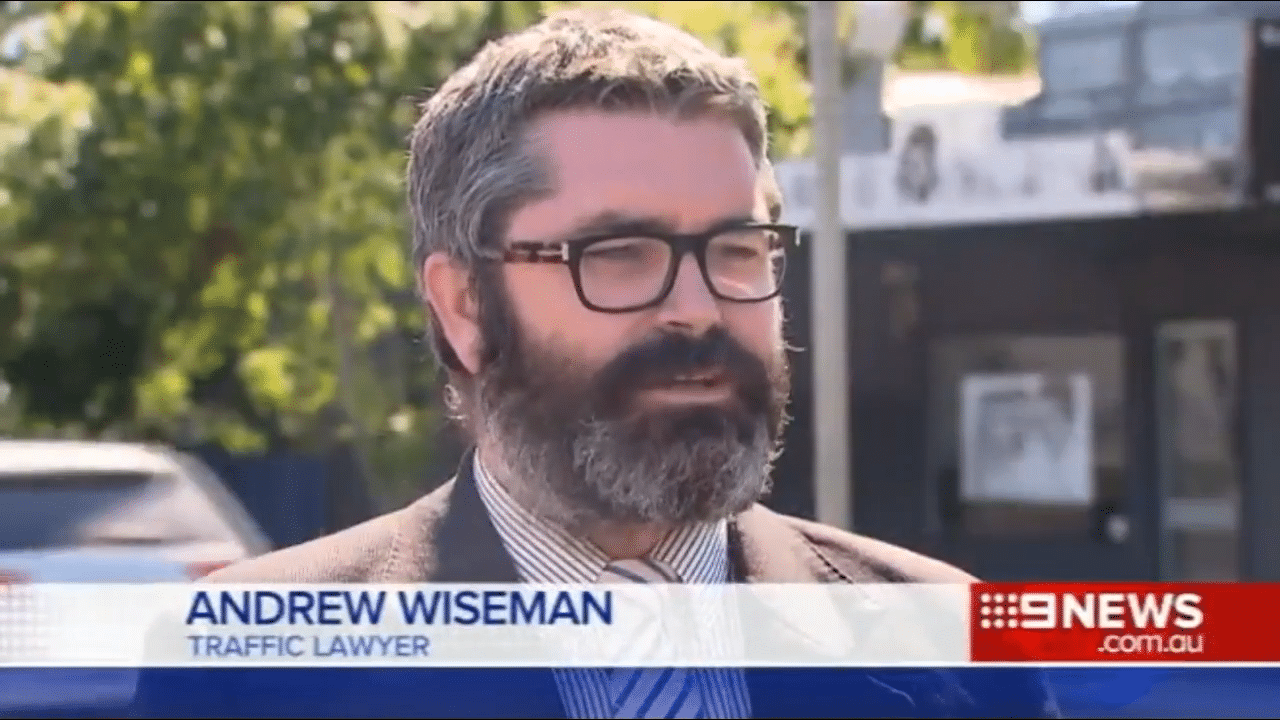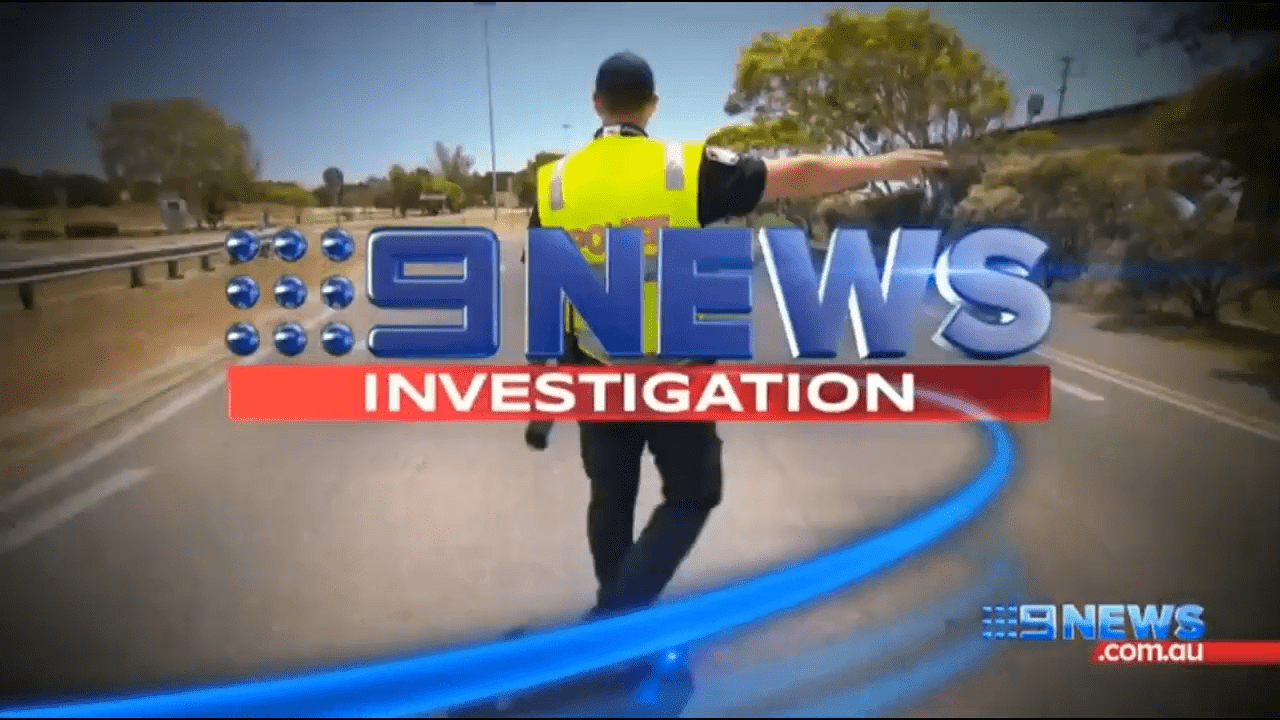Join Wiseman Lawyers Traffic Lawyer Andrew Wiseman at Tully Magistrates Court as he represents two clients charged with Drink Driving and Drug Driving. Watch Andrew explain what happened in the courtroom, along with the outcome which he achieved and how he achieved it.
Today, I’m at Tully Magistrates Court, about two hours south of Cairns. Two clients today. First was charged with repeat drug driving; second with repeat drink driving.
Firstly, on the drug driving, they were charged with relevant drug present. There’s two types of drug driving. One is that you’ve simply got it in your system but you’re no longer under the influence. That’s called relevant drug present. The other one is under the influence of a drug, meaning you’re high on drugs. Two different charges with their own penalties.
Again, my client was with the lesser one today, but what aggravated it was it was their third of this type within the last five years, specifically the last bit-over-18 months. So, third relevant drug present in a very short timeframe. Worst case is a lifetime loss of licence, mandatory minimum of six months, and my job was to get it as close to that as I could.
Other client, repeat drink driving. The previous was extremely old, and it was a low-range offence this time, 0.063. Ordinarily, it’s difficult, if not impossible, to try to get no conviction recorded when you’ve got previous, but given what this gent did for a living… I’m not going to go to details, but it was an organisation that has its own internal scrutiny and additional consequences to what happens at court.
In the real world, if you’ve got a conviction for drink driving, even multiple, at the end of the day it’s still a traffic offence. It’s not a criminal offence, so the consequences are limited and it can be difficult to convince a magistrate that there will be consequences for repeat drink driving if a conviction’s recorded. Because in the real world, or should say the civilian world, there really are no substantive consequences, whereas in the role or organisation that this gent’s in, because it’s got its own disciplinary process, et cetera, there can be additional punishment above and beyond what the court gives. If there’s a recorded conviction, it aggravates it in the eyes of that organisation.
What I’m getting at is while it was a job of getting the disqualification down as low as possible, primarily my job was to try to get no conviction recorder for that client. It was a reading appoint 0.063. Because the previous was more than five years ago, the maximum’s nine months, mandatory minimum was one month. So my job for that gent was twofold: A, to try and get no conviction recorded for the reasons I’ve already outlined, and; B, to get it as close to the minimum as I can.
I asked both clients to complete a reformatory course. One of them did it; one of them didn’t. The reformatory course can be done online. I won’t go into the details now, but it educates you on the potential consequences of your actions, and magistrates do enjoy seeing that people have done it. Got both of them to get references based on a template we provide all of our clients. Got instructions prior to today, obviously, for both of them; prepared my submissions; flew up last night from Brisbane, our base; drove down from Cairns this morning; met the clients at court; ran through procedure, what they can expect, et cetera, before going in.
All right, where am I? Don’t really know the way around Tully, but in any event.
With the first client, the repeat drug driving, as I said, technically, it’s a maximum lifetime, mandatory minimum six months. Fortunately, they live in town, work in town, but they’ve got kids, so getting them to and from school and sporting events, et cetera, will be difficult while they’re without a licence. Ultimately, I was able to persuade the magistrate to stick to the mandatory minimum of six months. The minimum six months. So, when you got two previous in the last five years, minimum of six months, and that’s what I was able to persuade the magistrate to give.
With the other client, the one that had concerns about the recording of a conviction, I spoke at length about their background, their employment with the organisation that I’m alluding to, and the very real consequences of not only the offence but the recording of a conviction if there was to be one. Spoke on my feet for quite a while, and basically this person’s family’s not based in Tully. He’s almost like FIFO worker, so travels up for work, goes back when he can, et cetera.
Short version is I was successful in, A, persuading the magistrate to give the mandatory minimum of one month disqualification. So, a one-month disqualification from today. B, I was, notwithstanding that previous, able to persuade the magistrate not to record a conviction. So, no conviction recorded.
First client, six-month disqualification. There was convictions recorded given the history, and it would’ve been unreasonable to request otherwise. But the second client, one-month disqualification, no conviction recorded. Both clients are very happy and particularly relieved, especially in the case of the no-conviction-recorded client.
I’m Andrew Wiseman, at Tully Magistrates Court. Thanks for watching.
